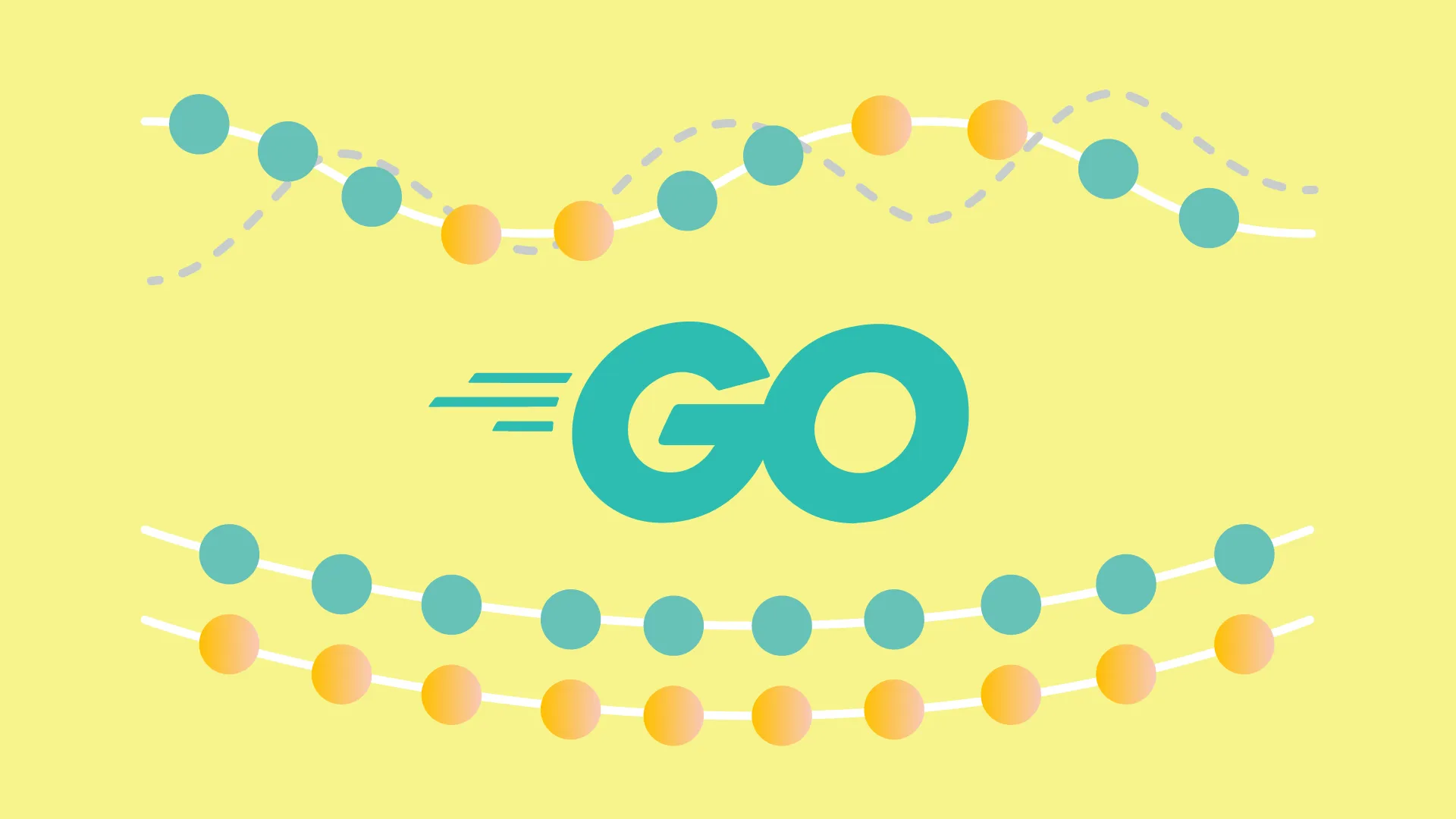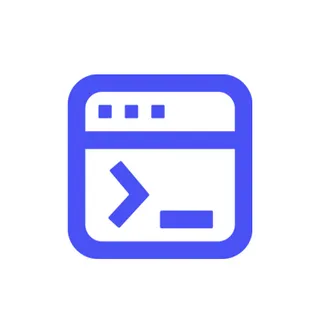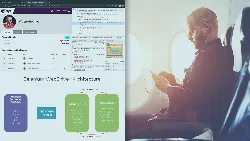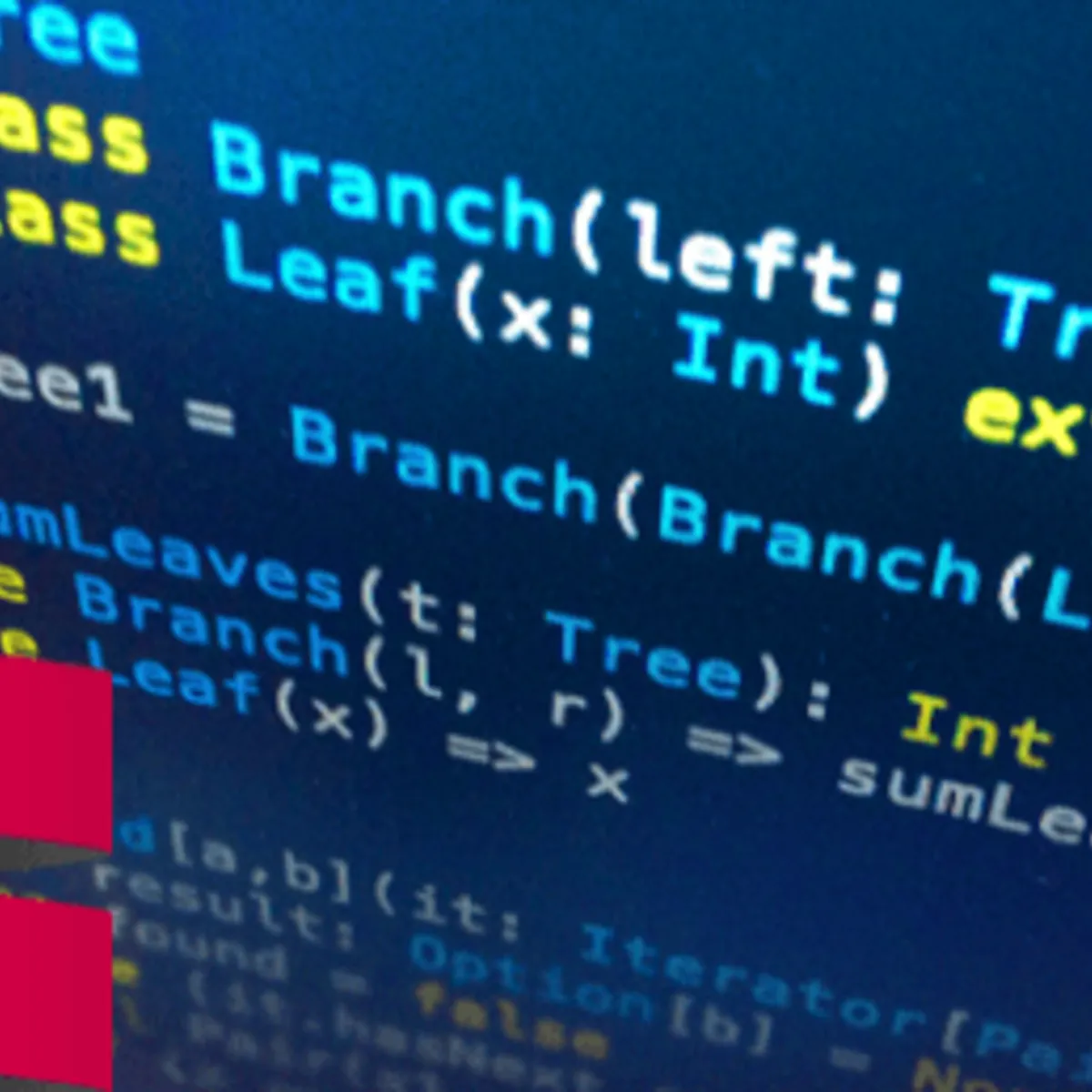
Mastering Concurrency in Go 
This course will provide an introduction to concurrency and its implementation in Go. You will learn the fundamentals of concurrency and how to apply them to your Go applications. You will also explore common patterns and techniques to make your code more efficient. By the end of the course, you will have the knowledge and skills to create efficient and practical applications that use concurrency in Go. ▼
ADVERTISEMENT
Course Feature
![]() Cost:
Cost:
Free Trial
![]() Provider:
Provider:
Educative
![]() Certificate:
Certificate:
No Information
![]() Language:
Language:
English
![]() Start Date:
Start Date:
Self Paced
Course Overview
❗The content presented here is sourced directly from Educative platform. For comprehensive course details, including enrollment information, simply click on the 'Go to class' link on our website.
Updated in [May 17th, 2023]
This course, Mastering Concurrency in Go, provides an introduction to concurrency and its implementation in Go. Participants will learn the fundamentals of concurrency, including the differences between parallelism and concurrency, and how to use Go to create efficient applications that use concurrency. The course will also cover more advanced concepts, such as common patterns that can make code more efficient. By the end of the course, participants will have a better understanding of how to use Go to create applications that use concurrency.
[Applications]
After completing this course, students should be able to apply the concepts of concurrency in Go to create efficient and practical applications. They should be able to identify and use common patterns to make their code more efficient. Additionally, they should be able to identify and debug any issues related to concurrency in their applications.
[Career Paths]
1. Go Developer: Go Developers are responsible for developing applications using the Go programming language. They must be knowledgeable in the language and its features, as well as the development process. They must also be able to debug and optimize code for performance. As the demand for Go increases, the need for experienced Go Developers is also increasing.
2. Cloud Engineer: Cloud Engineers are responsible for designing, deploying, and managing cloud-based applications and services. They must be knowledgeable in cloud computing technologies, such as virtualization, containers, and serverless computing. With the increasing popularity of cloud computing, the demand for Cloud Engineers is also increasing.
3. DevOps Engineer: DevOps Engineers are responsible for automating the development and deployment of applications. They must be knowledgeable in scripting languages, such as Bash and Python, as well as automation tools, such as Ansible and Chef. As the demand for DevOps increases, the need for experienced DevOps Engineers is also increasing.
4. Data Scientist: Data Scientists are responsible for analyzing large amounts of data to uncover insights and trends. They must be knowledgeable in data analysis tools, such as R and Python, as well as machine learning algorithms. With the increasing demand for data-driven insights, the need for experienced Data Scientists is also increasing.
[Education Paths]
1. Bachelor of Science in Computer Science: This degree path provides a comprehensive overview of computer science, including topics such as programming, algorithms, data structures, operating systems, and software engineering. It also covers the fundamentals of concurrency, such as threading, synchronization, and parallelism. With the increasing demand for software engineers, this degree path is becoming more popular and is a great way to get started in the field.
2. Master of Science in Computer Science: This degree path provides a more in-depth look at computer science, including topics such as artificial intelligence, machine learning, and distributed systems. It also covers more advanced topics related to concurrency, such as distributed computing, distributed databases, and distributed systems. This degree path is ideal for those looking to specialize in the field of concurrency and develop their skills further.
3. Master of Science in Software Engineering: This degree path focuses on the development of software applications and systems. It covers topics such as software design, software architecture, software testing, and software development processes. It also covers topics related to concurrency, such as distributed systems, distributed databases, and distributed computing. This degree path is ideal for those looking to specialize in the field of software engineering and develop their skills further.
4. Doctor of Philosophy in Computer Science: This degree path provides an in-depth look at computer science, including topics such as artificial intelligence, machine learning, and distributed systems. It also covers more advanced topics related to concurrency, such as distributed computing, distributed databases, and distributed systems. This degree path is ideal for those looking to specialize in the field of computer science and develop their skills further.
Course Syllabus
An Introduction to Concurrency
Concurrency vs. Parallelism
Communicating Sequential Processes
Data Races and Race Conditions
Deadlocks
Starvation
Course Provider

Provider Educative's Stats at AZClass
Discussion and Reviews
0.0 (Based on 0 reviews)
Explore Similar Online Courses

Unity Audio Fundamentals

Scraping Dynamic Web Pages with Python and Selenium

RDBMS PostgreSQL

Intro To PostgreSQL Databases With PgAdmin For Beginners

PostgreSQL: Client Applications

Mastering SQL using Postgresql

Database Design and Basic SQL in PostgreSQL

PostgreSQL: Advanced Queries

Spatial SQL with Postgres : A language for geographers

Learn SQL Using PostgreSQL: From Zero to Hero

PostgreSQL Essential Training


Start your review of Mastering Concurrency in Go